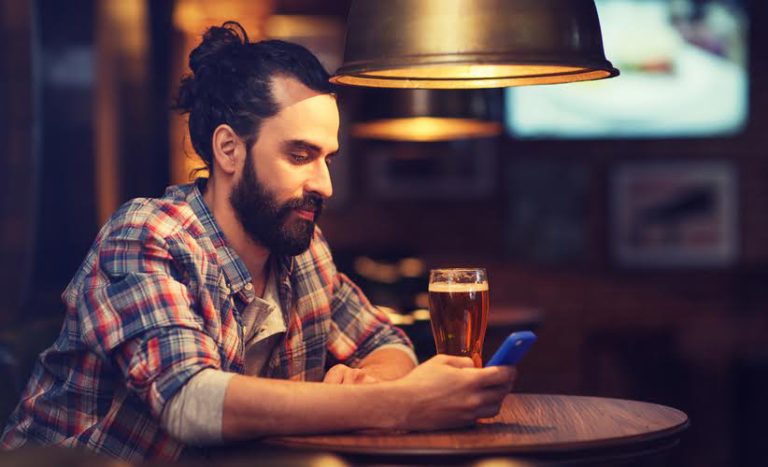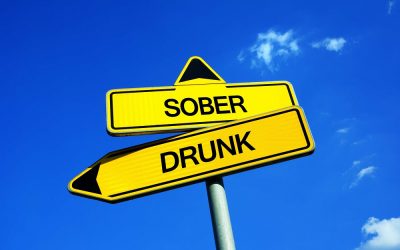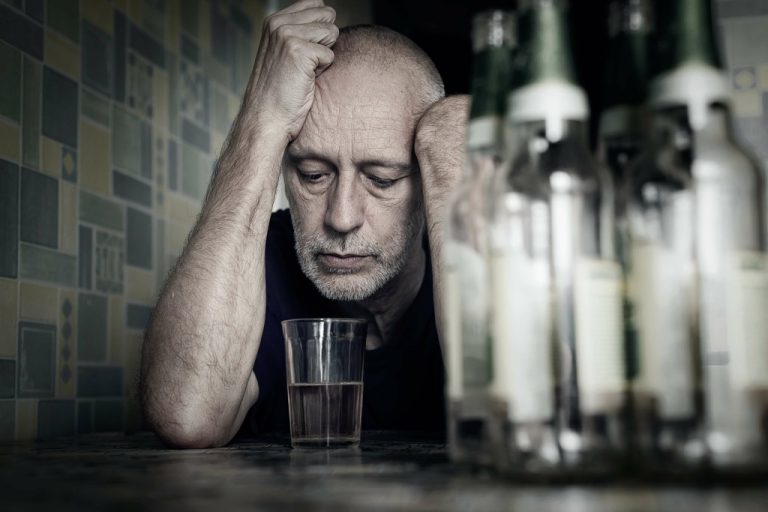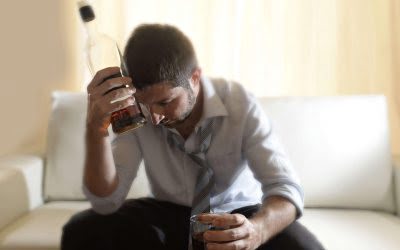By those measurements, an average 12-ounce can of beer contains the same amount of alcohol as a 5-ounce glass of wine or a typical shot of distilled spirits like rum, vodka, gin or whiskey. It’s a sweltering day and you’re soaking in the sun with friends and family. To help beat the heat, you reach in the cooler and fish out an ice-cold beer. If you are experiencing serious medical symptoms, please see the National Library of Medicine’s list of signs you need emergency medical attention or call 911. Aswani-Omprakash says she’s never had a doctor talk to her about alcohol’s potential impact on IBD. Some doctors, however, feel that it’s very important to have the discussion.
Monitor alcohol intake:
It might feel like you’re staying hydrated because they go down smoother than drinking spirits on the rocks, but the alcohol is still dehydrating you. “It’s important to replenish fluids after drinking, or better yet, while drinking,” Sternlicht says. Interestingly, a review of 49 studies even reported that caffeinated energy drinks, wine, and spirits can all significantly increase urine production (14). But those amounts are based on specific concentrations of alcohol by volume, or ABV. ABV varies a lot, and therefore so does a drink’s potential for hydration. A 12-oz beer with 5 percent ABV is going to be far less dehydrating than the same size beer with 12 percent ABV, for instance.
Stick to drinks with lower alcohol content
Alcohol restricts blood vessel dilation and increases heart rate, which explains why drinking can cause arrhythmia and elevated blood pressure. Electrolytes, especially potassium and sodium, play a critical role in fluid balance and facilitate the movement of water into cells and tissues. Drinking water while you’re still drunk isn’t going to prevent you from becoming dehydrated, but it may help lessen the degree to which you’re http://docload.ru/standart/Pages_gost/674.htm dehydrated. One glass of liquor drunk slowly over the course of an evening will be less dehydrating than having several beers or glasses of wine during the same time frame. Alcohol works as a diuretic largely because it suppresses the release of a hormone called vasopressin, which is also known as antidiuretic hormone. With less vasopressin in your system, the body excretes more water, which in turn causes you to pee more (2).

Eat hydrating foods
Influence of alcohol consumption on hydration status in healthy adults. Explore options for improving sexual health and wellness. Discover ways to enhance circulation and address concerns effectively. Visit https://fndmanasota.org for expert guidance on solutions available in Miami. Furthermore, alcohol consumption can also lead to a reduction in the production of collagen, a protein that is essential for maintaining the elasticity and firmness of the skin. Alcohol impacts your hearing, http://l2maxi.ru/?cstart=104&do=lastcomments but no one’s sure exactly how. It could be that it messes with the part of your brain that processes sound. Or it might damage the nerves and tiny hairs in your inner ear that help you hear. However it happens, drinking means you need a sound to be louder so you can hear it.

Drink Less and Thrive With Reframe!
When alcohol reaches the pituitary gland, it blocks the creation of vasopressin, which is known as the antidiuretic hormone or the hormone that helps us retain fluid in our body. Blocking this antidiuretic hormone causes fluids to pass directly through the kidneys to our bladder, which is why we have to pee way more while drinking alcohol. This effect is why alcohol is often thought of as a diuretic. Alcohol can increase urine production, which can lead to dehydration.


A person who consumes a large amount of alcohol in a short period of time is more likely to experience severe dehydration than someone who drinks moderately over a longer period of time. Alcohol dehydration is a condition where the body loses significant amounts of water and essential electrolytes as a result of alcohol http://www.freepatent.ru/patents/2523806 consumption. Symptoms of alcohol dehydration include headaches, fatigue, nausea, and an overall feeling of weakness. This can prematurely age you as you gain more lines and wrinkles on your face. One study with over 3200 participants found excessive alcohol consumption is linked to accelerated facial aging.
- The research on alcohol shows that drinking even moderate amounts can be unhealthy, but does the occasional beer or glass of wine help you meet your hydration goals anyway?
- The key to avoiding dehydration is to pay attention to how your body responds to alcohol.
- Effects of alcohol upon the muscles can include pain, swelling, and general muscle weakness.
- When vasopressin is suppressed, you lose fluids by peeing more, which leads to dehydration.
Pure alcohol contains 7 calories per gram (g), which makes it the second most calorie-dense macronutrient (just behind fat). According to the National Institutes of Health (NIH), an average beer tends to contain 5 percent alcohol by volume (ABV) while the average glass of wine is 12 percent ABV. That means that about 97 calories in a 12-oz beer and 109 calories in a 5-oz glass of wine come from the alcohol, with the rest of the calories coming from carbohydrates.
